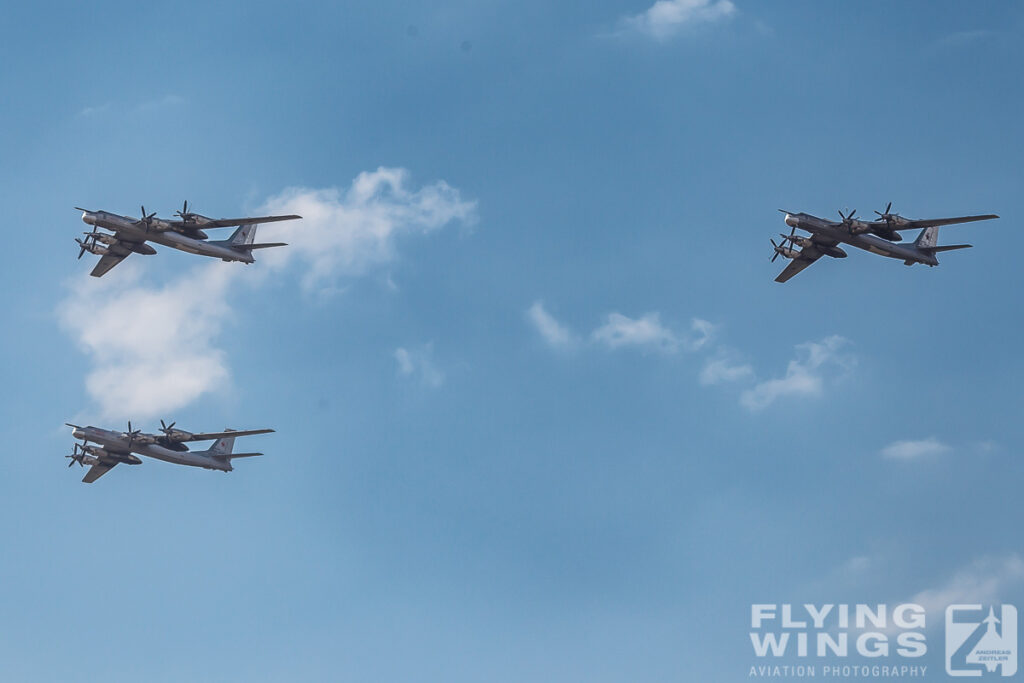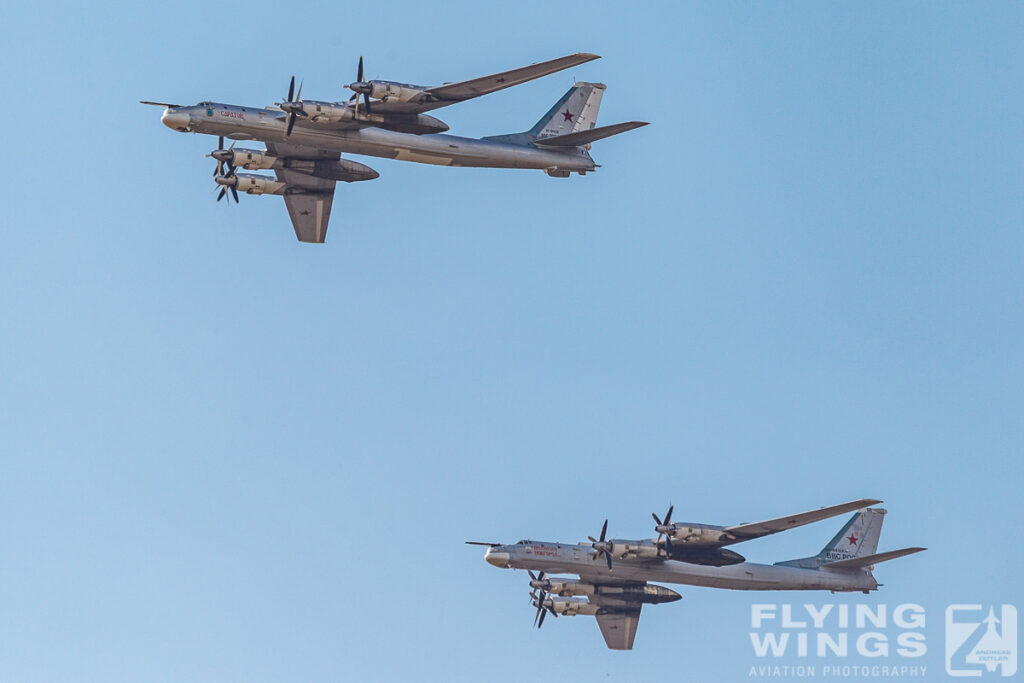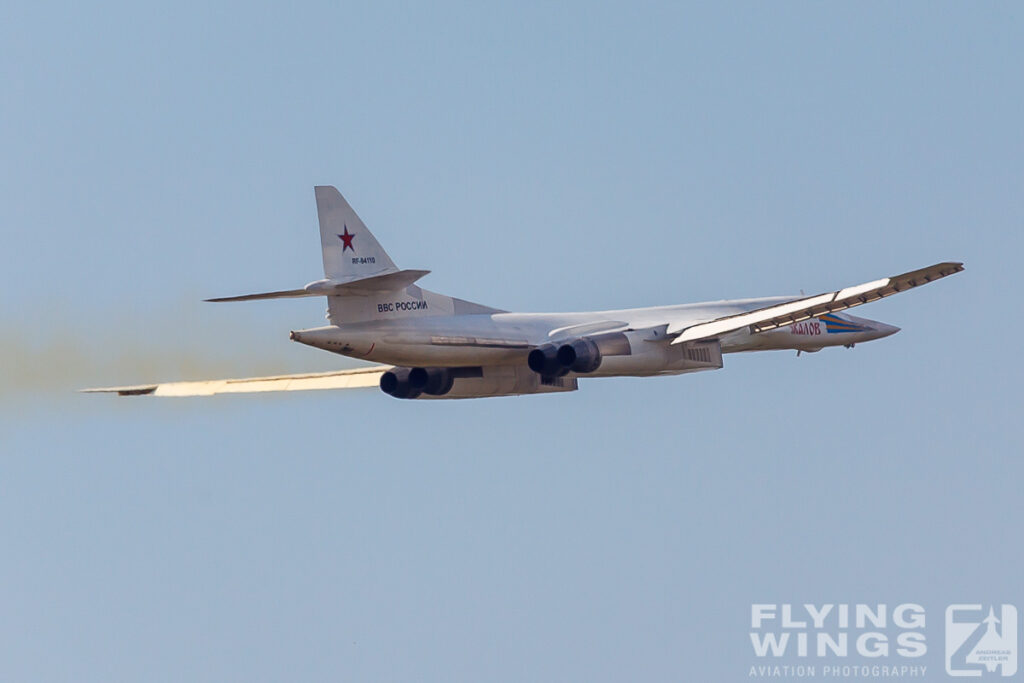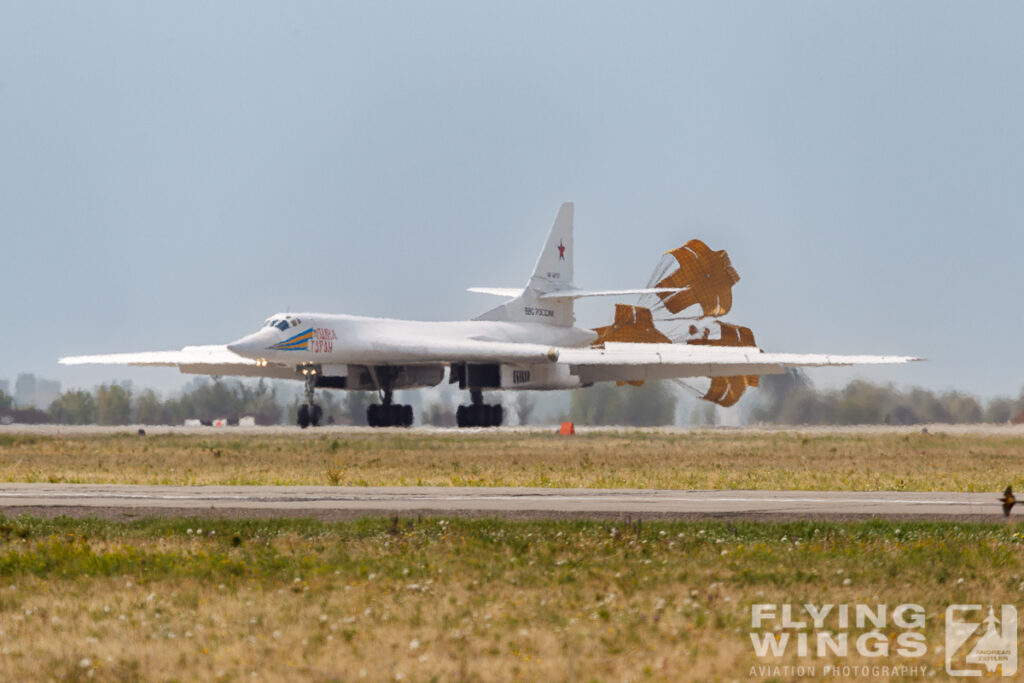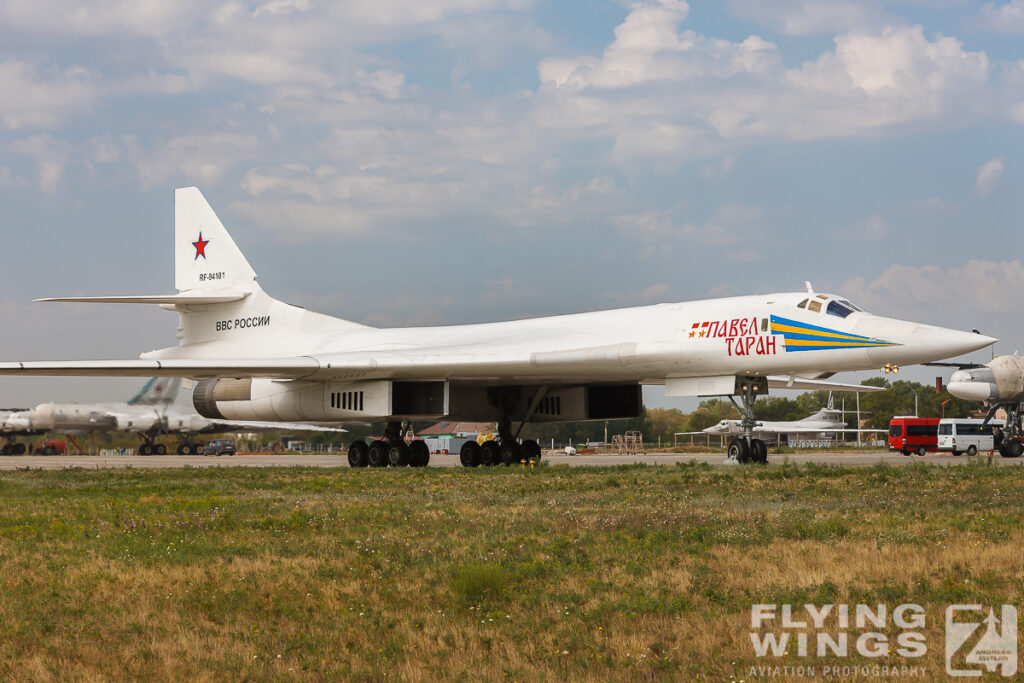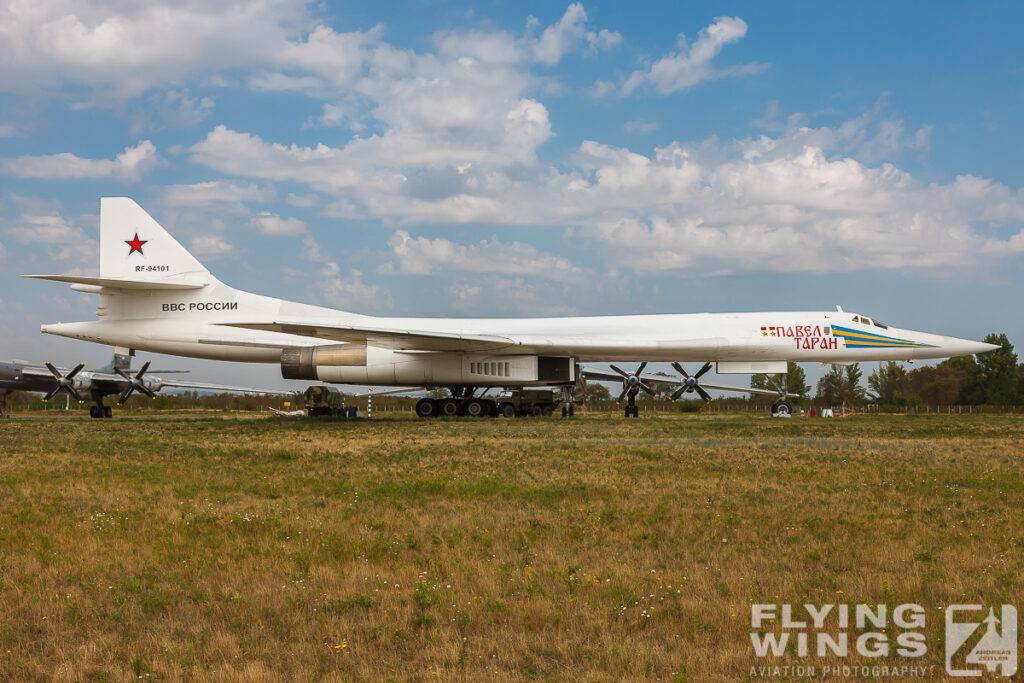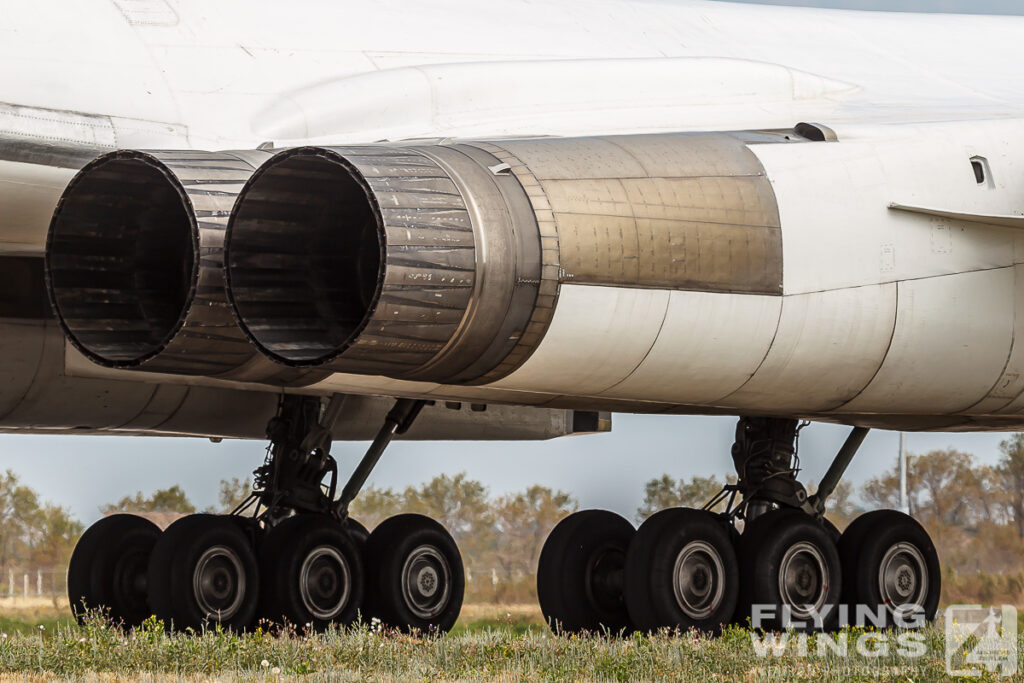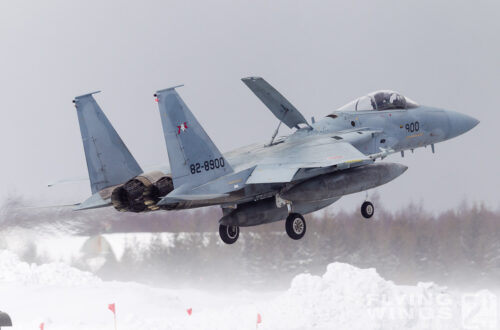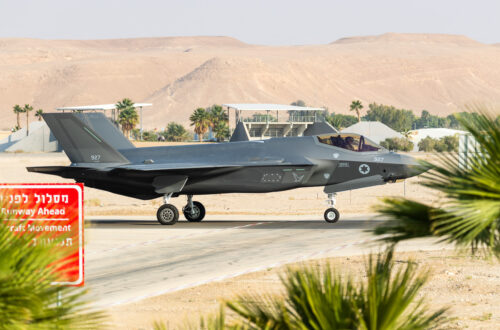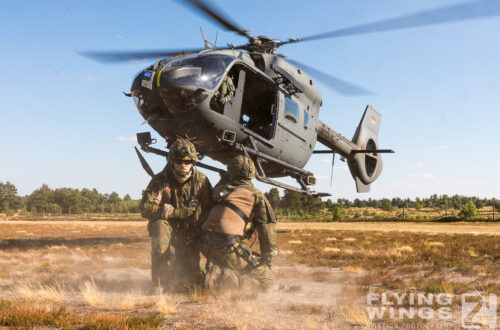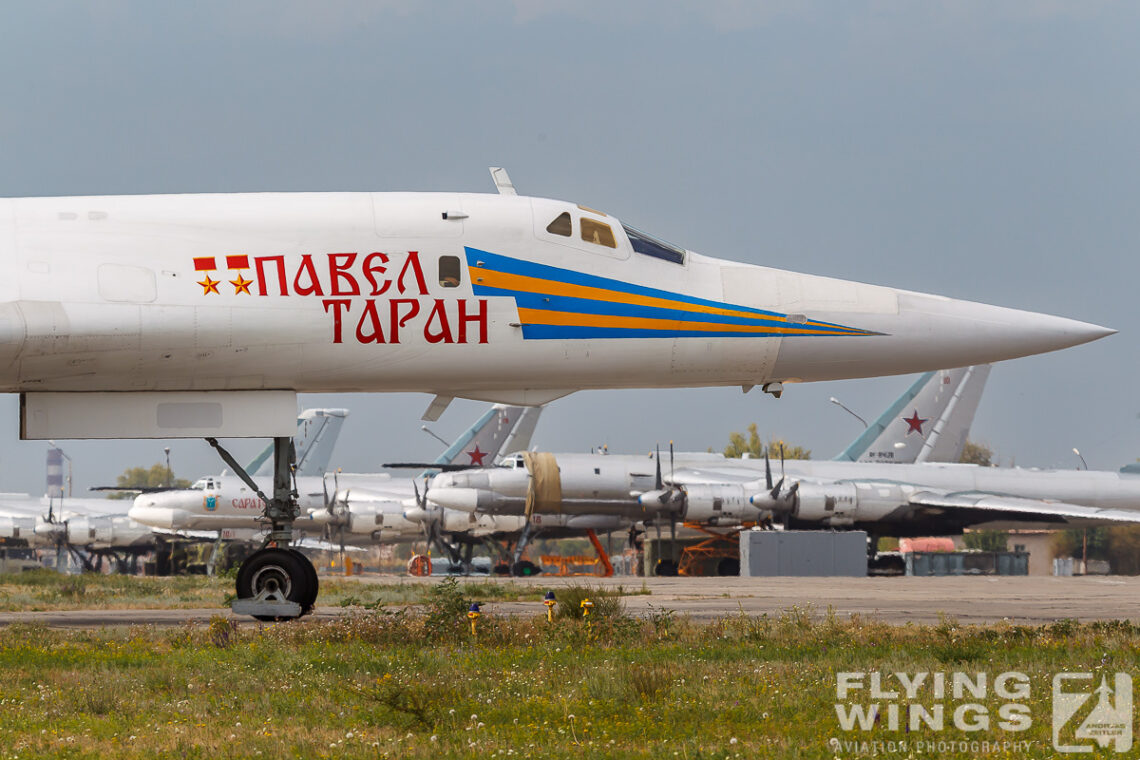
Inside Engels Airbase – Russia’s Strategic Aviation Powerhouse
A Forbidden Fortress Opens Its Gates
For most aviation enthusiasts, places like RAF Fairford, Whiteman AFB, or Ramstein conjure vivid images of roaring engines and massive aircraft. But few names hold the same air of Cold War mystique and strategic secrecy as Engels Airbase in western Russia.

Located near the city of Saratov on the banks of the Volga River, Engels-2 (Russian: Энгельс) is one of the most critical nodes in Russia’s Long-Range Aviation Command. In 2012, me and a small group of avid aviation journalists received what I still consider the opportunity of a lifetime: rare and tightly controlled permission to visit Engels and photograph two of the most iconic bombers of the modern age—the Tu-95 “Bear” and Tu-160 “Blackjack”.
Engels Airbase – The Strategic Nerve Center
Engels is no ordinary military base. It is the primary airfield for Russia’s strategic bomber fleet, a role that dates back to the Soviet era. While western observers often focus on missile silos and submarine-launched deterrents, Russia’s air-based nuclear delivery systems are a vital component of its strategic doctrine—and Engels is the hub of that system.


In 2012, Engels was home to the 121st and 184th Heavy Bomber Aviation Regiments, operating a mix of Tu-95MS and Tu-160 aircraft. Walking through the outer perimeters, I could already feel the weight of history and secrecy. This was no showpiece for airshows. This was a war machine, maintained in absolute readiness.
The Tu-95MS “Bear” – The Last Propeller Giant

Nothing quite prepares you for the moment you stand beneath a Tu-95MS. It’s massive, yes—but more than that, it’s loud even while idle. Dubbed “Bear” by NATO, the Tu-95 has been flying since the 1950s and is the only strategic bomber still powered by turboprop engines.
I watched as three Bears taxied for takeoff. Its eight contra-rotating propeller blades created a distinctive roar and vibration you could feel through the ground. Despite its age, the Tu-95MS remains a potent platform, equipped to carry nuclear cruise missiles such as the Kh-55 and newer Kh-101/102.


“She’s an old girl, but still deadly,” one technician told me, patting the landing gear affectionately, and most likely not knowing how deadly they would be used years later.
The Tu-160 “Blackjack” – White Swan of Death
If the Bear is a relic of the early Cold War, the Tu-160 is its brutal, supersonic evolution. Known as “Blackjack” in NATO terms but called “Beliy Lebed” (White Swan) by Russian pilots, this bomber is the largest and heaviest supersonic combat aircraft ever built.



In 2010, Russia had just started to reintroduce the Tu-160 into frontline service. It can carry both nuclear and conventional cruise missiles and remains the jewel of Russia’s bomber fleet. Watching one take off was an unforgettable experience—thunderous, graceful, and terrifying all at once.

A Glimpse at the Nuclear Elephant in the Room
While nuclear weapons were never directly acknowledged during my visit, the signs were there and certain areas were clearly out of limits when we were asking for suitable photo spots. Engels has long been suspected of housing an active nuclear weapons storage facility (WSF) for both the Tu-95MS and Tu-160 bombers.

Layered security, underground shelters, and hardened bunkers pointed toward a high-alert, high-value site. Engels is believed to maintain launch-on-warning readiness—a chilling reminder of the ever-present nuclear threat.
Through the Lens – Capturing Ghosts of the Cold War
I managed to photograph both bombers up close—wheels down, cockpits ready for boarding, maintenance hatches revealing the bones of these behemoths. One highlight: an overflight of three Tu-95MS in practice of the 100th anniversary of the Russian Air Force which was scheduled in August 2012.
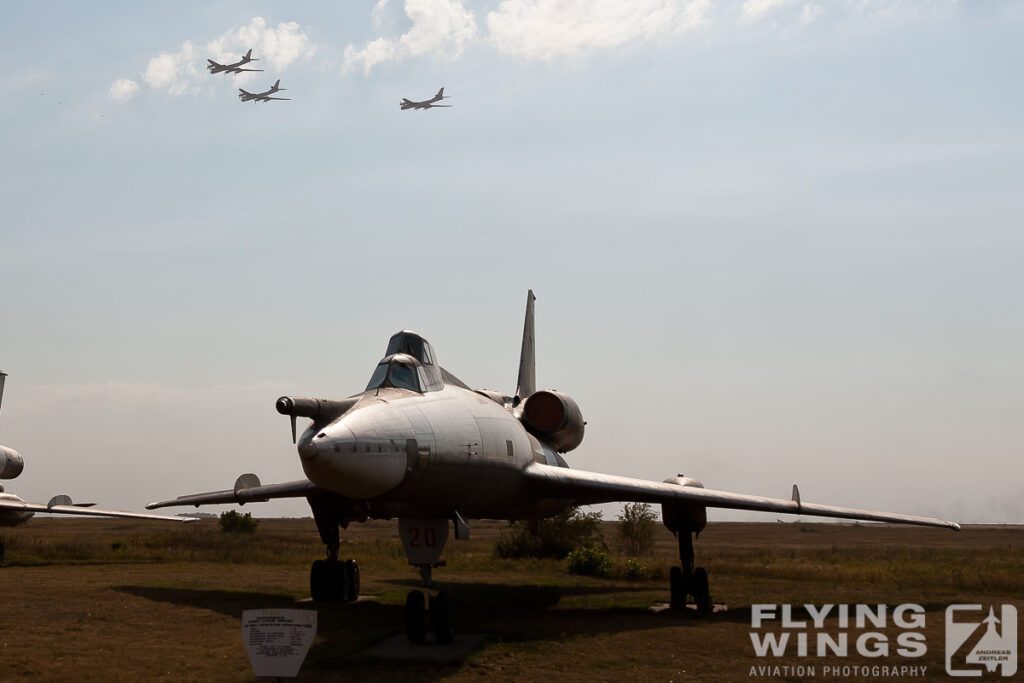
These aircraft weren’t museum pieces. They were alive, active, and dangerous. For an enthusiast like me, and years before Russia’s invasion of Ukraine, this was the Holy Grail of Cold War aviation.
The sound of their propellers echoed for miles, while I got a tour of the airbase museum, which featured such rare airframes as the Tu-22PD or Myasishchev 3MD. But the Engels Airbase museum will be the topic for another report on this website.
Relevance in Today’s World
Since 2022, Engels Airbase has come under repeated drone and missile attacks by Ukrainian forces. Satellite imagery in June 2025 showed damaged aircraft after a Ukrainian surprise attack —turning this once untouchable fortress also into a frontline target.

Yet, the Blackjacks and Bears will continue to fly and fight and bring their deadly load to Ukraine. As long as Russia maintains its strategic bomber force, Engels will remain its most vital stronghold. But there will be no other opportunity for a foreigner to get access and a photo permit as it was the case back in July 2012.
Inside Russia’s Strategic Bomber Airbase Engels-2 / Энгельс



